Sign up for Red Sox updates⚾
Get breaking news and analysis delivered to your inbox during baseball season.
Get breaking news and analysis delivered to your inbox during baseball season.
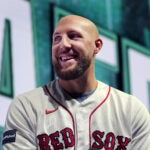
Garrett Crochet
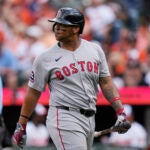
Red Sox
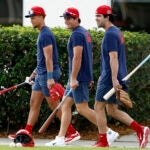
Red Sox
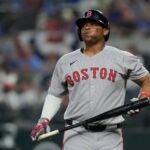
Red Sox
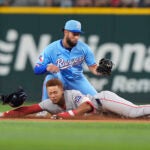
Red Sox
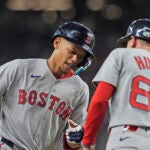
Kristian Campbell
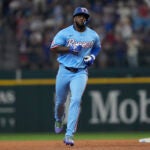
Red Sox

Red Sox
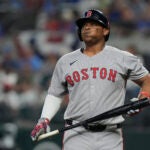
Red Sox
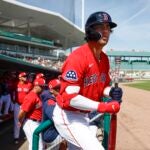
Red Sox
| Team | W | L | PCT | GB |
|---|---|---|---|---|
| Toronto | 5 | 2 | .714 | 0 |
| Tampa Bay | 4 | 2 | .667 | 0.5 |
| New York | 3 | 2 | .600 | 1 |
| Baltimore | 3 | 3 | .500 | 1.5 |
| Boston | 2 | 4 | .333 | 2.5 |





Stay up to date with everything Boston. Receive the latest news and breaking updates, straight from our newsroom to your inbox.